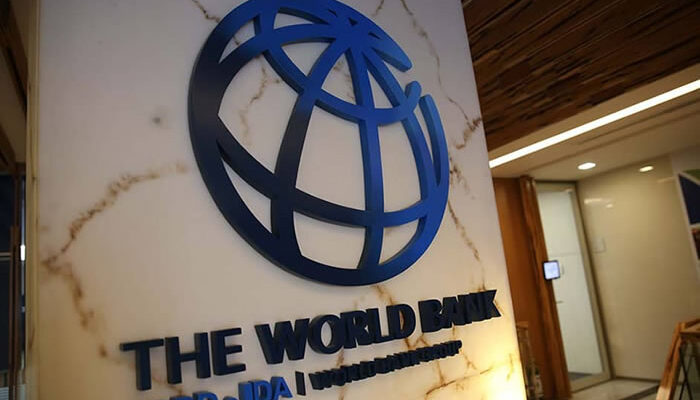
The World Bank has announced a series of reforms to make borrowing more affordable for vulnerable countries, aligning with its efforts to tackle urgent global challenges such as climate change, inequality, and economic fragility.
In a statement shared on its official X (formerly Twitter) handle on Tuesday, the global financial institution detailed the removal of several fees on International Bank for Reconstruction and Development (IBRD) loans. The measures include eliminating the prepayment premium, introducing a grace period for commitment fees on undisbursed balances, and extending the lowest pricing tier to small, vulnerable states.
“The bank is working hard to make it easier for countries to borrow and to pay back their loans more easily by removing some fees on IBRD loans,” the statement read.
These reforms aim to reduce the financial burden on nations most in need of development financing. “These measures are designed to make borrowing easier and more affordable for countries facing significant challenges,” the bank noted, adding that the changes align with its vision of becoming a better, more efficient, and bigger institution capable of addressing multiple global crises.
As part of its broader financial reforms, the World Bank plans to increase its lending capacity by $150 billion over the next decade. This expansion will be achieved through innovative financial instruments, leveraging shareholder support, and optimizing available capital.
Among the key changes, the IBRD’s equity-to-loans ratio has been adjusted from 20% to 18%, enabling an additional $70 billion in lending over the next ten years. Additionally, $10 billion has been unlocked through bilateral guarantees, with $1 billion secured via a guarantee from the Asian Infrastructure Investment Bank.
“The adjustments to our capital framework reflect our commitment to scaling up resources while maintaining financial stability,” the bank explained.
Recognizing the scale of global financial demands, the World Bank introduced the Framework for Financial Incentives in April 2024. This initiative promotes investment in cross-border challenges, including biodiversity, water security, energy access, and pandemic prevention.
The framework also launched the Global Solutions Accelerator Platform and the Livable Planet Fund, with Japan making the first pledge. The World Bank highlighted that the framework is the first comprehensive approach among multilateral development banks designed to incentivize financing for projects with global benefits.
To further attract private sector investment, the World Bank has developed a range of innovative financial tools, including outcome bonds, catastrophe bonds, and climate-resilient debt clauses. These tools aim to offer borrowers flexible terms during natural disasters and other challenges.
Examples of these innovations include the Wildlife Conservation Bond, which channeled private financing toward Black Rhino conservation in South Africa, and the plastic waste reduction-linked bond, which funded recycling projects in Ghana and Indonesia.
“We are finding new ways to channel private investment into emerging markets and address barriers to sustainable development,” the bank stated.
These reforms reflect the World Bank’s commitment to addressing the trillions of dollars needed annually to combat climate change, support fragile states, and promote digital inclusion. While emphasizing the critical role of multilateral institutions and governments, the bank also called for increased private sector engagement to close financing gaps.
By combining innovative financial solutions and strategic reforms, the World Bank is positioning itself as a key player in the global effort to address pressing development challenges.

Comments